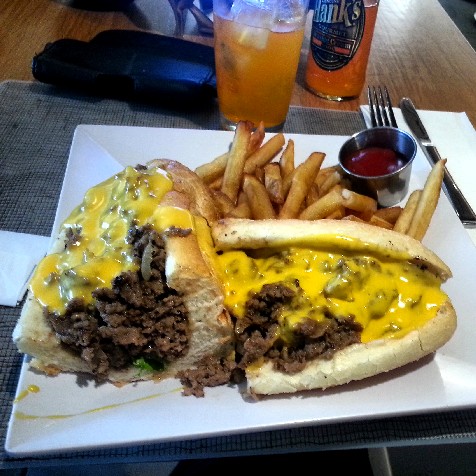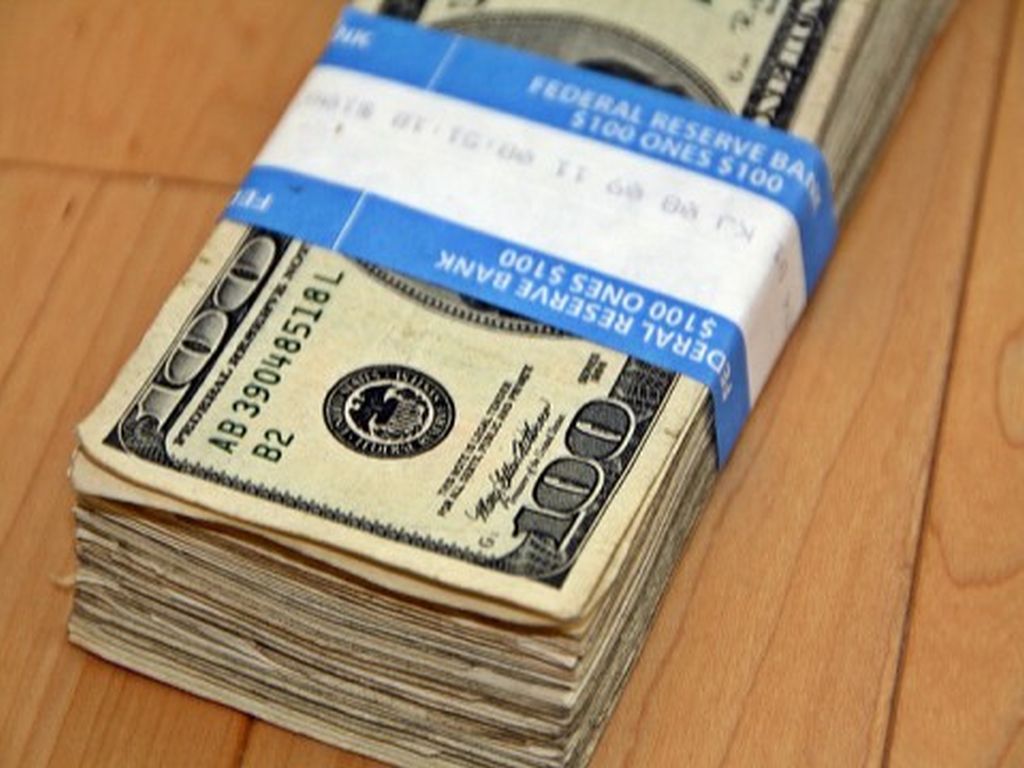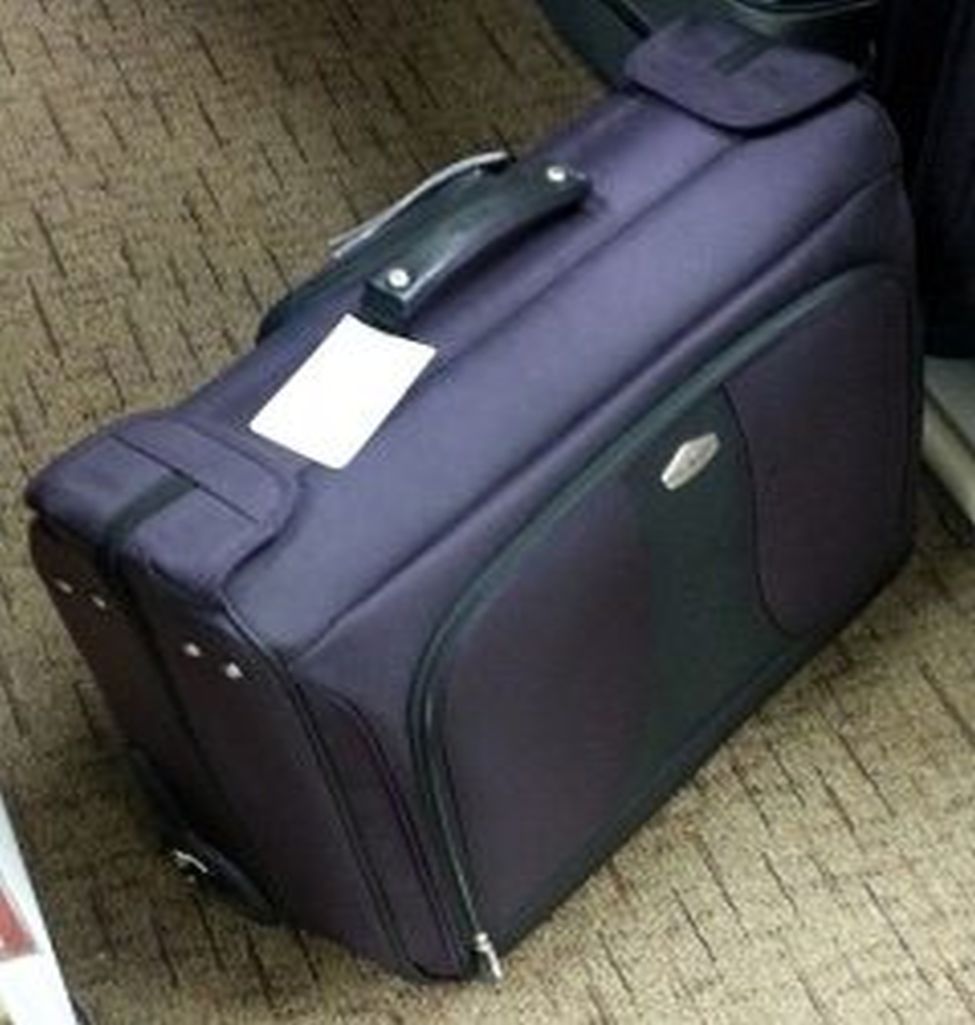Over the years on this blog, we’ve talked about the dangers of using credit cards unwisely while also trying to find ways to be able to get yourself out of the mindset of using them. We even talked about why, because of credit score issues, it might be wise to keep at least one card around and using it here and there to have a positive credit history.

Something we should have considered is that there might be ways to take care of your budget and your credit score by using credit cards as part of your budgeting efforts. Actually, we’ll only say “one” card; we don’t want to be fanatical!
The idea for this comes from the past of one of our clients. He told us that many years ago he’d lost his job, but luckily qualified for unemployment. He sat down and did his budget, and realized that he could get by for a while if he used one of his cards with a lower amount to pay to gas up his car. That one thing would allow him to be able to pay his bills for a while and still have enough money to buy food on a regular basis.
Then years later when he was self employed, he started using his business American Express card to put gas in his car so that he could share receipts with his accounting company, which happened to be us, along with his monthly AmEx bill so we could calculate his write-offs. For a short while he used the card while he was being paid mileage while he was working out of town and getting paid so much per mile, but since he was also using it for his home vehicle he was still allowed to write everything off of his taxes.
So it can be done, and it might help you with budgeting your money, tracking your expenses for business, or if you want to kill off all your other cards but still have a credit history for your credit score, this is a way to increase your credit limit in case you need it later in life. With that said, here are a few ways ways of thinking about how to use your credit card for budgeting and a few other things.
1. Budgeting
Nothing works without knowing how much money you bring home (not what you earn), how much you need to pay your bills, and how much you have left over for your needs and “entertainment”. Budgeting in general terms sounds scary, but it’s always better to know where you stand in order to progress. In that regard, take a look at one of the earliest articles we published on this blog titled The Basics Of Budgeting, which is a skeleton blueprint of how one should construct their budget. The instructions are basic, but should be helpful. There are other articles about budgeting if you’d like to check those out.
How does budgeting work if you’re looking at using a credit card as part of it? It can work three ways.
One, after a month or two you’ll know how much you spend on gas on a monthly basis (you have to look at your credit card bill for the information), or whatever you decide to use the credit card for. At that point you can put in a set amount in your budget you want to pay on the card’s outstanding balance. If you can pay it off every month, that’s a good thing. If here and there you can’t pay off the entire thing because other bills have come up, you can still make a payment higher than the balance and pay it off the next month if possible.
Two, it offers you ways to stay close to your budget if emergencies come up, or something special is on sale that you want to buy (though that shouldn’t be your focus). Putting something on a credit card won’t immediately bust your budget, but you need to be vigilant in paying the balance down while making sure your needs are met. If you get used to using your credit card for specific things, you’ll start judging better when it comes to those things you “want” versus “need”, and it will help keep you in check and stay disciplined, which is never a bad thing.
Three, did you know that you can make multiple payments on your credit card during a month, and it’ll bring your outstanding balance down faster even if the total amount you pay monthly stays the same? Your credit balance is calculated daily by credit card companies, although some of them wait a week or two before they start calculating new purchases.
So, if your monthly budgeted payment is $50, making two $25 payments in one month reduces your outstanding balance lower than it would be if you only paid once a month. You still have to make sure you pay the amount they’re telling you that you owe, but you could make one payment the day you get the bill and pay off the rest of the monthly payment on the day the payment is due. The overall goal of having a budget is to work on paying down debt; this is a way to pay down credit card debt faster.
2. Credit Card Rewards
Some credit card companies have rewards programs. You earn points based on how you use your credit card. Companies like American Express and Capital One lets you build up points up to 6 months or a year, which you can take advantage of to buy something at a lesser cost or sometimes get something cost free.
You can do on those sites to see what your points can buy you, or see how close or far you are from something they have that you’d like to have. Sales sites like Amazon have partnered with certain credit cards to offer discounts on products, and sometimes have specials you can use your points for. In a way, it’s like using your credit card as cash, though you still don’t want to go crazy in spending by using your credit card except for emergencies.

3. Store Credit Cards For Food And Other Items
Warehouse stores offer discounts if you use their specific cards rather than other credit cards. For instance, BJ’s Warehouse has an in-store card that saves you money on their branded products, sometimes on other items, as well as a lower price on gas. They also have a Mastercard through Capital One (as of February 2023) which gives you stronger purchasing power as long as you use it in their store and reduces the price you pay for gas even more than you get by using their in-store card.
Other stores offer something like this, but it wouldn’t be recommended unless it’s a store you buy most of your consumable products from. Many warehouse-type stores offer many things you can get at your local grocery store, along with other types of stores, and will save you a lot of money if you use their cards. As long as you stay within your budget, you might end up with a lower food or gas bill and help to pay down your debt faster.
4. Paying Down Debt
That ended the last line of the previous paragraph; let’s take it a bit further.
The overall idea is to find a way to reduce your debt level. The problem many people have is twofold: one, they have no idea what their debt is; two, they have a lot of credit cards that they use recklessly.
When you decide to budget, and you want to use a credit card to help you do it, the intention should be in both being able to put away some money for a rainy day emergency and in lowering your overall debt. In deciding which credit card to use for budgeting, you need to think about two factors; the present balance on the card and the APR (annual percentage rate).
If you have a card with a high balance and a high APR, you can’t use it for your budget; it should be the first card you tackle to bring down your debt. If you have a card with a moderate debt level (based on outstanding balance) and a relatively low APR, that’s a good card to think about using. If you have a card with a low debt level and a low APR, that’s the best card to use, especially if you’re setting yourself up to eventually use only one card for specific things.
It’s a tough decision, but it’ll help you in the long run. If your budget allows you to have an excess of cash, depending on how much is left over, try putting away some of it in a hidden place in your house for emergencies, 25% of it on your largest debt (not counting a mortgage), and using some of the rest for a few niceties. If your budget is tight, think about how you can reduce some of those expenses (expensive coffee at a barista might have to go on the back burner for a while) until you get used to your budget. Remember, you can control the growing balance of the credit card you decide to use by making two payments a month on it and hopefully staying in control of what you’re purchasing.
We’ll add this last piece of advice. If you don’t think you can trust yourself with keeping your credit card spending under control, take a month or two and don’t use any credit cards. Try getting used to not needing them for anything and see how you feel. We believe everyone can do it with a bit of concentration, dedication, and a look towards the future.
That’s all we’ve got; what’s your thought?

